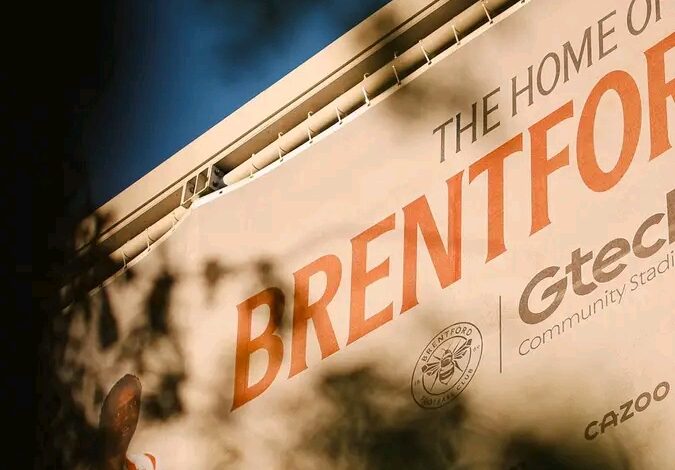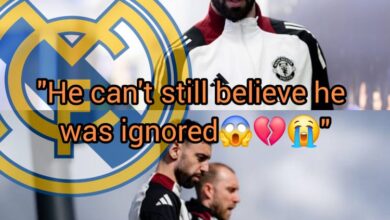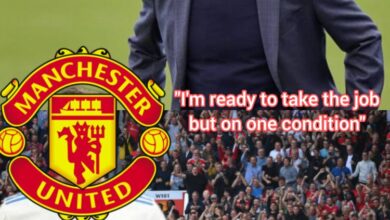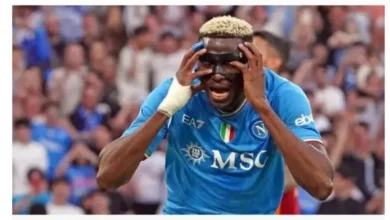A Tale of Two Halves: Chelsea’s Dramatic Draw at Brentford Exposes Flaws in Enzo Maresca’s Project

In the humid confines of the Gtech Community Stadium, Chelsea’s Premier League campaign took another twisty turn on a balmy September evening, ending in a 2-2 stalemate against a resilient Brentford side. What unfolded was a match that encapsulated the Blues’ season so far: flashes of brilliance amid a backdrop of frustration, a comeback forged in the fires of substitution, and a gut-wrenching late concession that left supporters cursing the gods of stoppage time. Kevin Schade’s 35th-minute strike had the hosts ahead at the break, only for Cole Palmer and Moises Caicedo to ignite a second-half revival. Yet, Fabio Carvalho’s 93rd-minute equalizer—born from a chaotic long throw—snatched victory from Chelsea’s grasp, turning potential euphoria into hollow regret. For a team harboring ambitions of challenging for the crown, this was less a point earned and more two dropped in the unforgiving grind of the title race.
The first half was a slog, a testament to Chelsea’s ongoing teething problems under Enzo Maresca. Dominating possession yet bereft of penetration, the visitors looked labored and predictable, their attacks fizzling out like damp fireworks. Brentford, ever the opportunists, capitalized on a defensive lapse when Trevoh Chalobah’s rash foray forward left gaps that Jordan Henderson exploited with a sumptuous pass, allowing Schade to latch on and finish coolly past Robert Sanchez. It was a goal that underscored the Blues’ vulnerability at the back, where organization felt optional and communication seemed lost in translation. As the whistle blew for halftime, Chelsea trailed not just on the scoreboard but in momentum, their play devoid of the swagger that had hinted at greater things in preseason.
Enter the second half, and with it, a transfusion of energy courtesy of Maresca’s triple change. Reece James and Marc Cucurella slotted in at full-back, injecting balance and bite, while the introduction of Cole Palmer—delayed by fitness niggles but timed to perfection—sparked the revival. Palmer, Chelsea’s golden boy returning from a minor layoff, wasted no time reasserting his status as the side’s talisman. Just five minutes after his arrival, he ghosted into the box to volley home Enzo Fernandez’s whipped cross via a knockdown from Joao Pedro, leveling the scores with the poise of a player who thrives on big moments. It was a goal that silenced the home crowd and reignited Chelsea’s belief, Palmer’s vision and composure slicing through Brentford’s rearguard like a hot knife through butter. Beside him, Pedro Neto was a livewire, his direct dribbles and teasing crosses forcing saves and creating chaos; the Portuguese winger’s threat was constant, nearly yielding assists on multiple occasions and earning him plaudits as one of the match’s most dynamic forces.
No player, however, embodied Chelsea’s grit quite like Moises Caicedo. The Ecuadorian midfielder was a colossus, patrolling the engine room with the ferocity of a man possessed. His duel-winning tenacity disrupted Brentford’s rhythm, while his visionary passing—culminating in a thunderous 85th-minute strike from distance—seemed to seal a hard-fought victory. That goal, a rasping drive that arrowed into the top corner, was the stuff of highlights reels, a moment of individual brilliance that masked the team’s collective frailties. Fernandez, too, grew into the game, his elegant turns and precise distributions knitting attacks together, proving once again why Maresca views him as the fulcrum of this midfield rebuild.
Yet, for every hero, there were those who faltered under the weight of expectation. The backline, in particular, was a house of cards waiting to tumble. Wesley Fofana, shoehorned into right-back on his first start in months, looked every bit the square peg in a round hole—hesitant in possession and exposed defensively, his halftime withdrawal a merciful end to a forgettable outing. Tosin Adarabioyo and Jorrel Hato, the latter still acclimating to the Premier League’s intensity, were equally culpable in the opener, their positioning awry and aerial presence lacking. Hato, in particular, appeared a step slow, earning a booking for his troubles before being hooked. Up top, Jamie Gittens and Facundo Buonanotte offered fleeting promise but ultimately faded, their inexperience evident in a first half where service was scarce and end product nonexistent. These were not catastrophic failures, but in a squad bristling with talent, such lapses feel like luxuries Chelsea can ill afford.
Maresca’s fingerprints were all over this draw, for better and worse. The halftime reshuffle was a masterstroke, transforming a disjointed unit into a cohesive force capable of overturning the deficit. Yet, the Italian’s reluctance to start Palmer—citing medical advice on his workload—left the attack toothless early on, a gamble that nearly backfired spectacularly. More damning was the post-goal malaise after Caicedo’s strike: with victory in sight, Chelsea abandoned possession for frantic probing, inviting pressure and exposing their defense to Brentford’s set-piece prowess. “We needed to slow down, give passes, manage the ball,” Maresca lamented post-match, his words a tacit admission of tactical naivety. Starting Fofana out of position smacked of experimentation over pragmatism, too, in a fixture where solidity should have trumped adventure. These are the growing pains of a manager bedding in his philosophy, but in the pressure cooker of the Premier League, such errors extract a steep price.
As the dust settles on this west London derby, Chelsea sit mid-table, their title aspirations intact but their path forward clearer than ever. To realize Maresca’s vision of a fluid, relentless machine gunning for silverware, the Blues must prioritize defensive cohesion—drilling set-piece defending and fostering partnerships that turn vulnerabilities into strengths. Integrating stars like Palmer earlier, without compromising fitness, will unlock their attacking potential, while trusting the midfield trio of Caicedo, Fernandez, and the returning Romeo Lavia to dictate tempo could neutralize late-game fragility. Consistency in selection, too, will help young guns like Gittens and Buonanotte flourish, blending youth with the experience of James and Cucurella. This draw, painful as it is, serves as a microcosm: Chelsea have the tools to dazzle, but only ruthless execution will bridge the gap to glory. With Champions League dates looming and domestic rivals lurking, Maresca’s men must learn fast—because in the Premier League, second chances are as rare as clean sheets.








